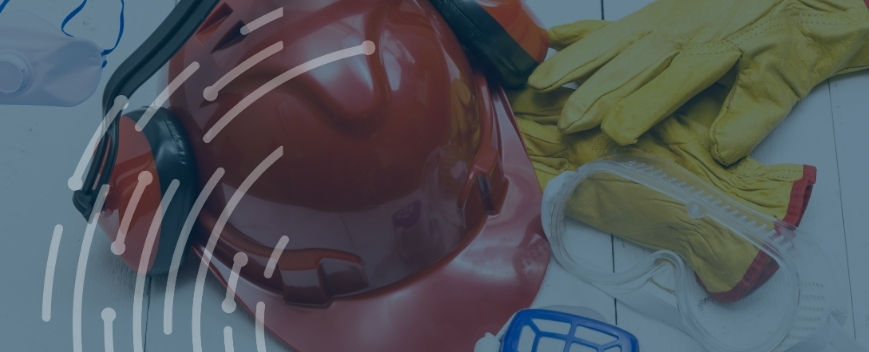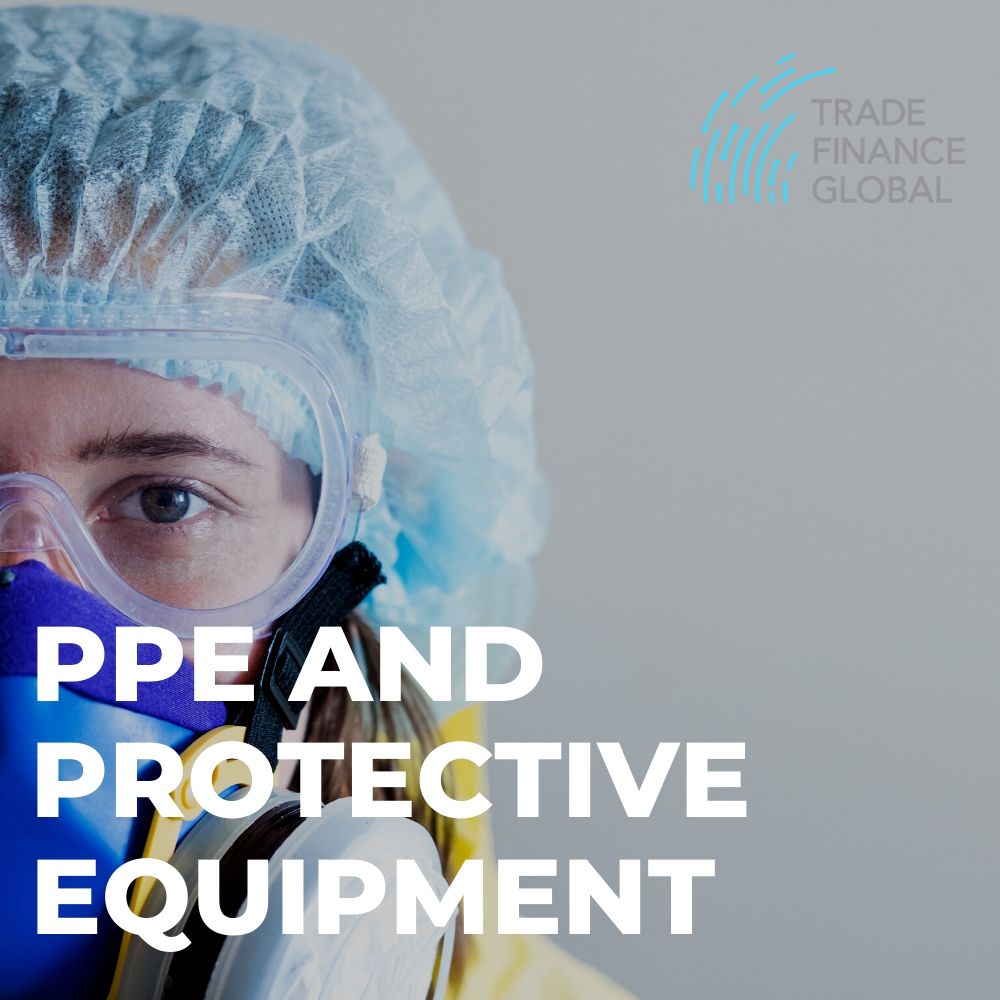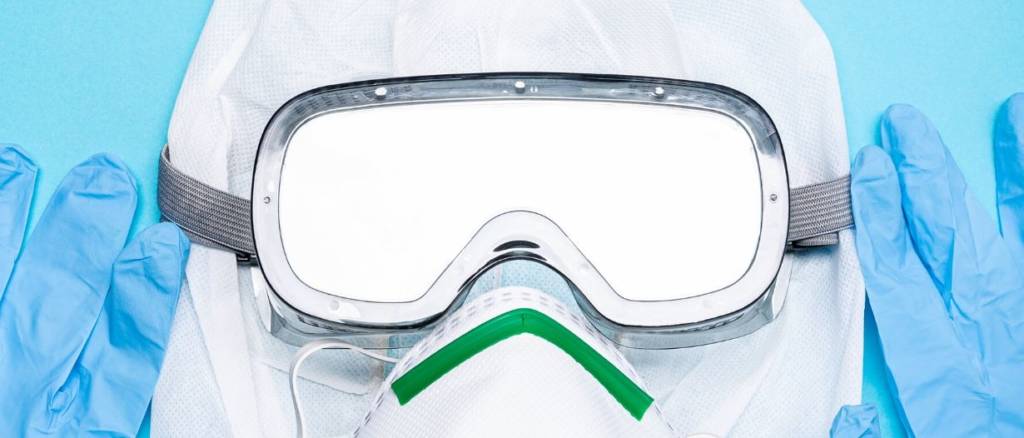PPE and Protective Equipment


Access trade, receivables and supply chain finance
We assist companies to access trade and receivables finance through our relationships with 270+ banks, funds and alternative finance houses.
Get startedContent
PPE has been a hot topic throughout the first half of 2020, as COVID-19 spread across the globe and put medical institutions under immense pressure due to the highly contagious nature of the life-threatening virus.
All over the world manufacturers who normally produce products such as cars, high-end clothing, aerospace machinery, alcohol, flooring and even nuclear fusion energy have come together to produce and trade PPE in an attempt to battle the current shortages experienced globally that are leaving front-line staff vulnerable to contraction.
What is PPE?
PPE – Personal Protective Equipment is special clothing or apparatus that protects the user against health and or safety risks at work. PPE was first introduced as part of the Personal Protective Equipment at Work Regulations act of 1992, since amended to that of 2002 and then 2018 and have contributed to the maintenance of health and safety in the workplace ever since.
More recently however, PPE has come into the forefront of global news as medical staff faced shortages of the equipment, leaving many to make their own out of rubbish bags, clothing etc. Although the term PPE is used to discuss these medical equipment shortages, the term covers a host of different equipment necessary for differing industries and activities.

According to Gov.uk, the UK implemented Commission Implementing Regulation (EU) 2020/568 to “ensure adequate supply of vital PPE within the UK, EU, EFTA and certain dependent and other territories”. This was accompanied by the PPE export control process 2020/402, and has since been amended by 2020/568 which will initially last until 25th May 2020.
The official journal of the European Union states:
“As the epidemiological crisis caused by the COVID-19 disease continues, the demand within the Union for personal protective equipment (‘PPE’), which consists of protective masks (and surgical masks), gloves, goggles, face-shields, and overalls, remains very high and is even continuously increasing. The demand for certain types of PPE has especially led to shortages on the internal market. Given its nature and the prevailing circumstances, such type of equipment is an essential product since it is necessary to prevent the further spreading of the disease, and safeguard the health of medical staff treating infected patients.”
Products Financed & Finance Requirements
According to the Health and Safety Executive, this includes:
- Safety helmets
- Gloves
- Eye protection
- High-visibility clothing
- Safety footwear
- Safety harnesses
- Respiratory protective equipment
Finance Requirements:
- You can demonstrate a history of profitable trading
- Your business is creditworthy
- You have a well-researched business plan in support of your proposed venture
How the transaction works
Unlike conventional finance, trade finance products require limited capital guarantees up front from the firms involved. Instead, Trade Finance Global will work with you to assess your business and your proposed venture and recommend an appropriate trade finance product for you. They will then identify sources of private finance and construct a product for you with bespoke lending terms and some form of guarantee for the lender – usually, this will take the form of an unpaid invoice, cash due in accounts receivable, or even the fertilizer goods involved in the transaction. Once agreed, TFG can extend finance to the buyer in the transaction to pay the seller in full upon dispatch of the goods, cash flow the buyer can enjoy lengthy repayment terms to ensure they can transport, receive and sell the goods involved in their venture, before repaying the finance from the profits.
What is the SIC Code for Aviation & Plane Components?
SIC Code
14120
Manufacture of workwear
There are no other SIC Codes that could also be used.





















